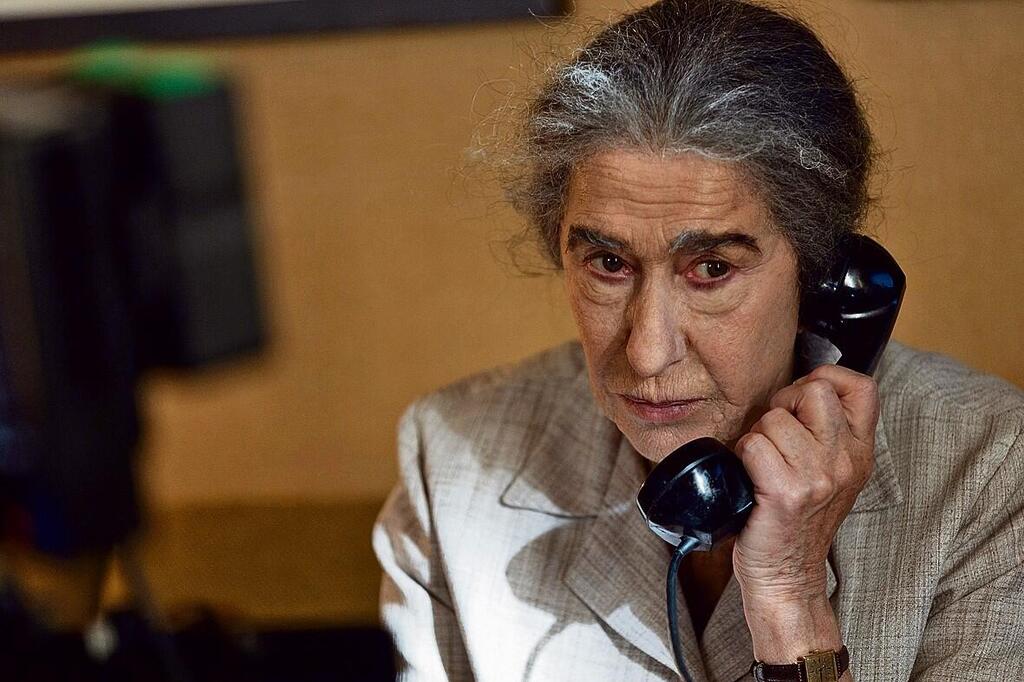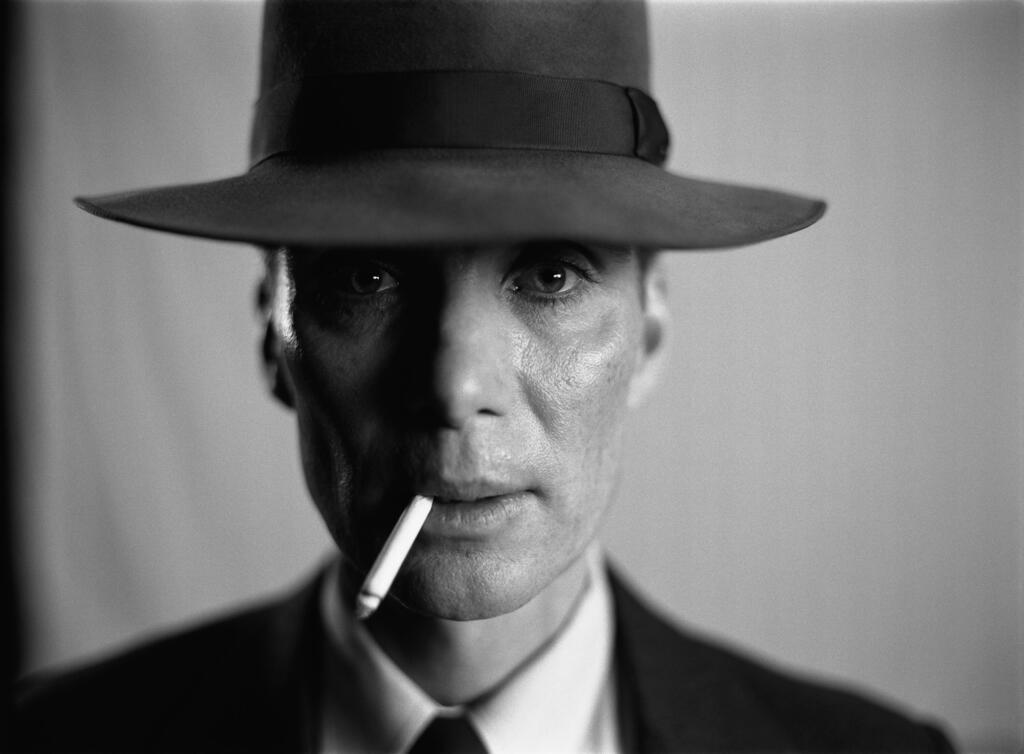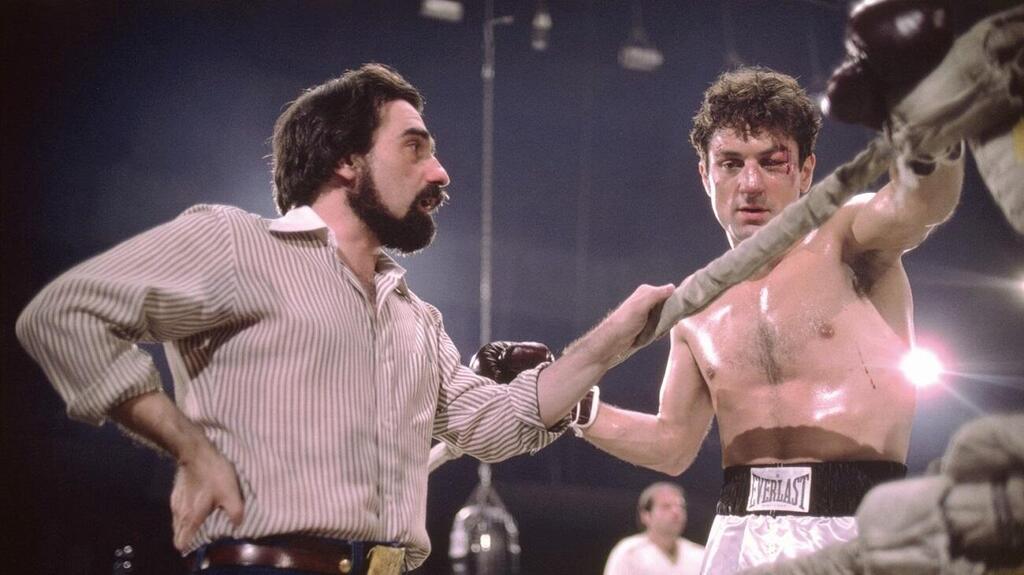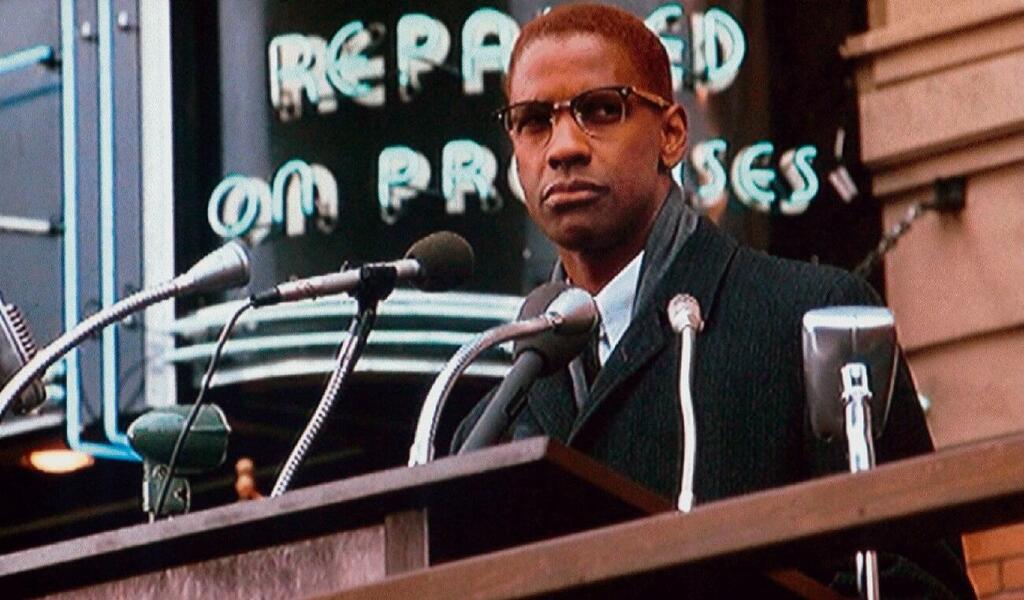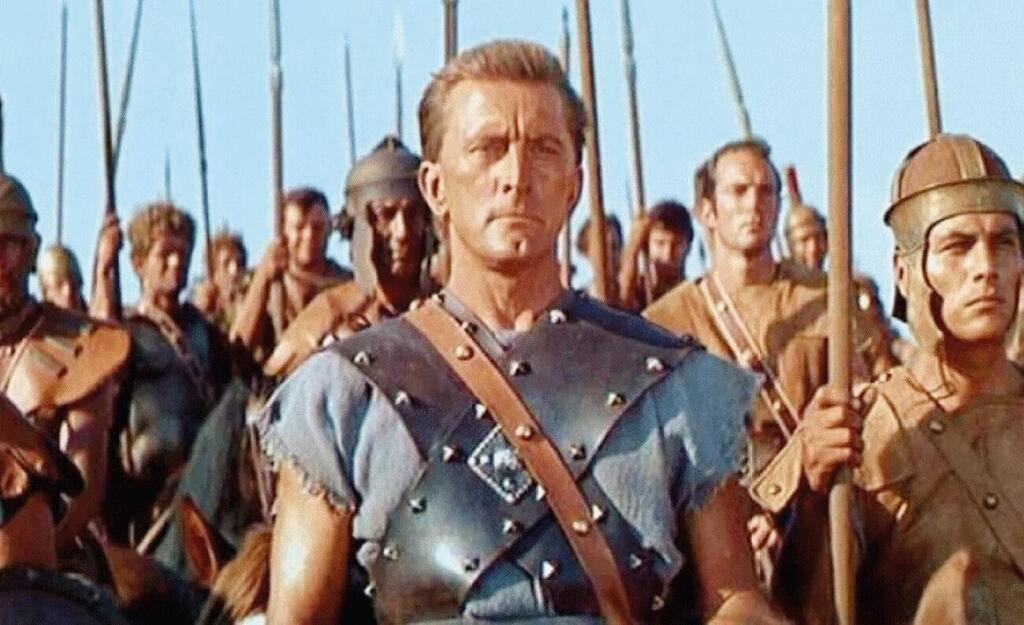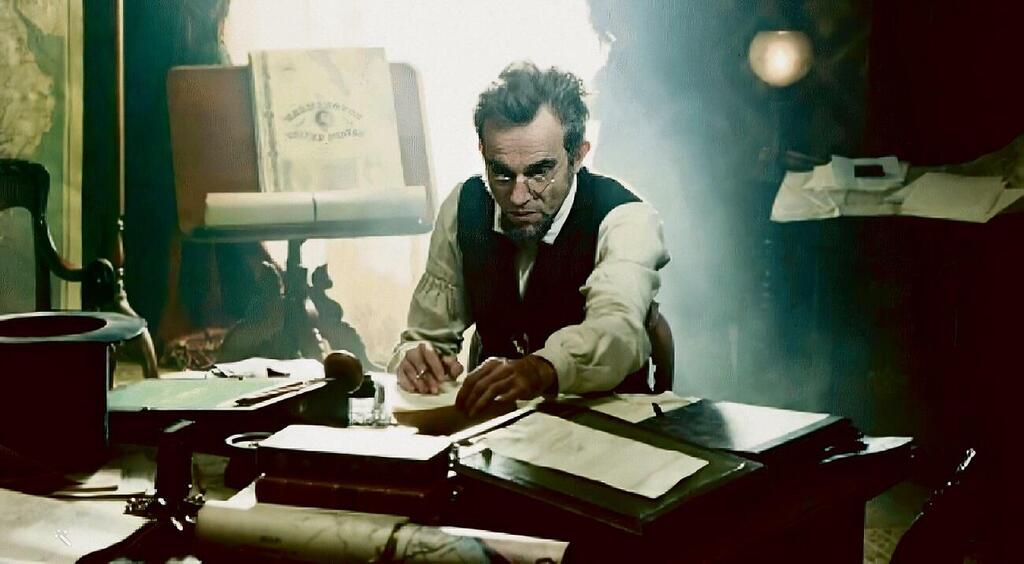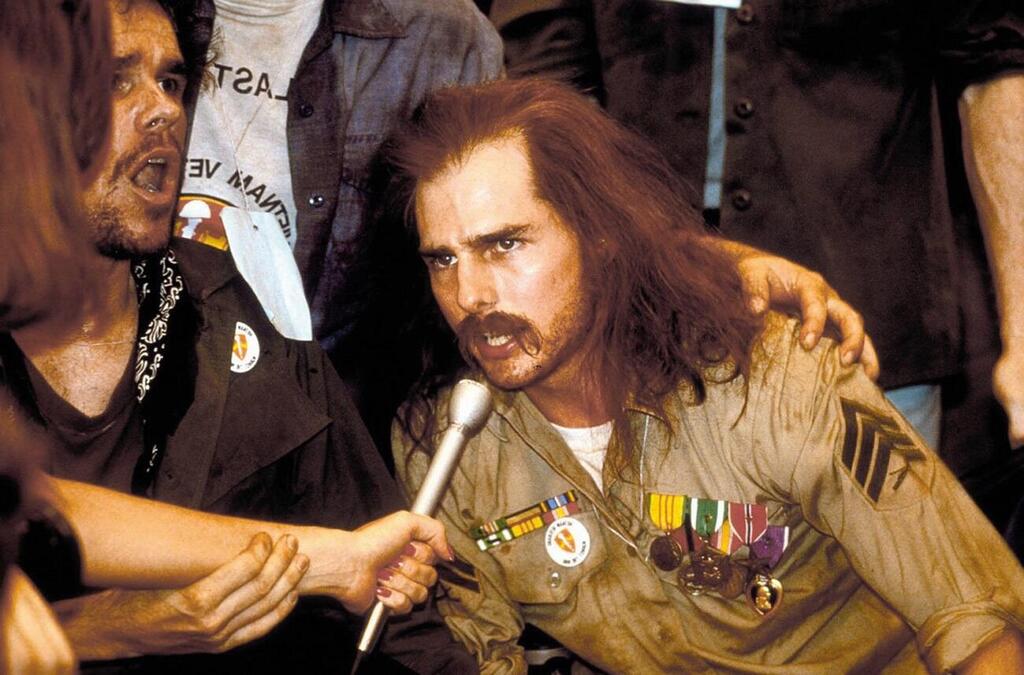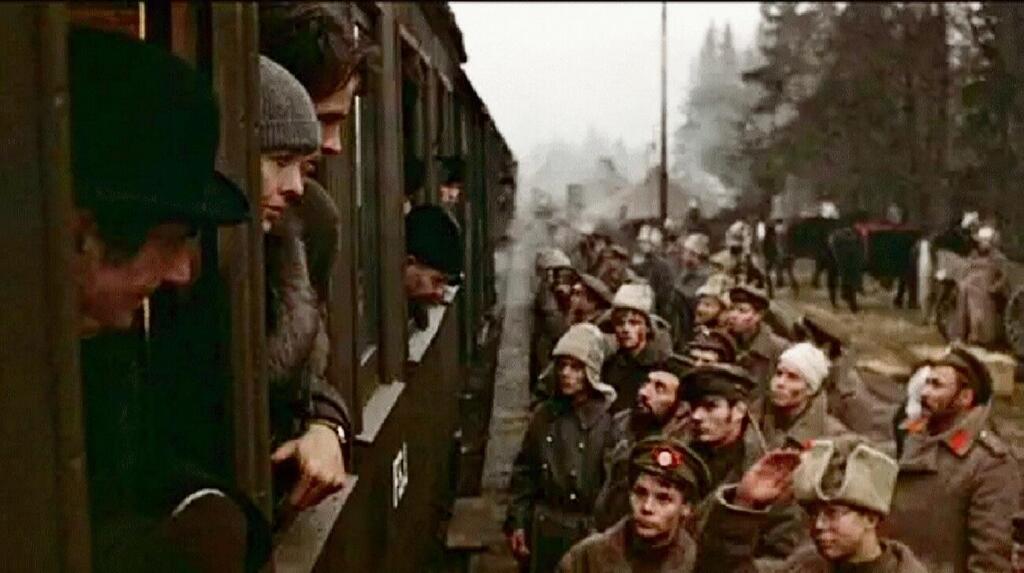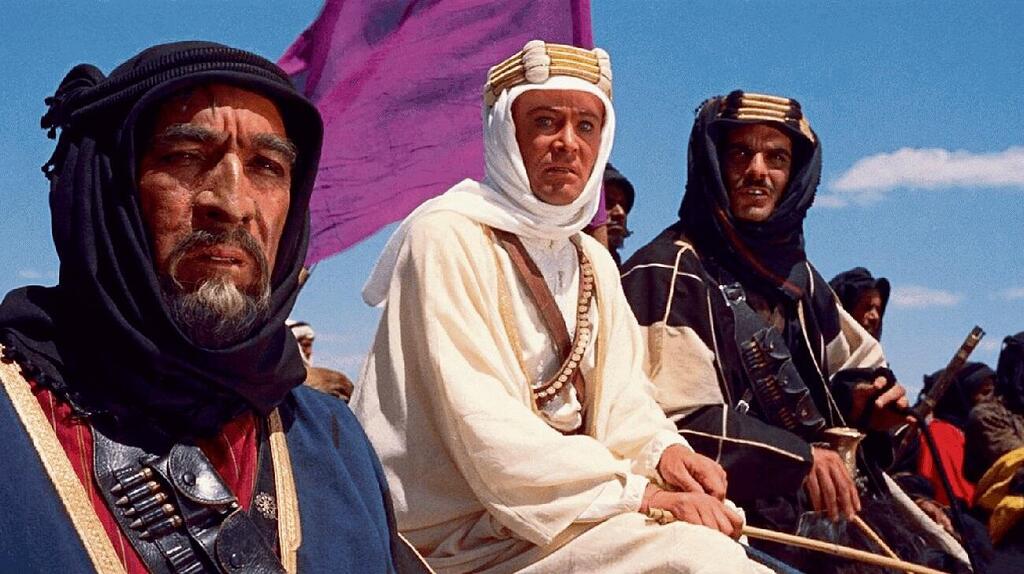Once upon a time, there was a man. Or a woman. And they led lives far more interesting than you or me. Look them up on Wikipedia, or watch a movie about them.
Read more:
Yes, since the dawn of humanity, we've been drawn to know more about people who've left their mark on history—leaders, businesspeople, athletes, singers, beloved artists or even momentary heroes. And since the inception of Hollywood, the world has been captivated by the idea of telling their life stories.
Biopics are a strange genre: on one hand, they are often Oscar-winning films with a loyal audience—viewers who aren't interested in action or comics and like going to the movies to feel as if they've been given a history lesson. On the other hand, it's a genre that cinephiles sometimes snub, especially if it's not done well, turning the biopic into a propaganda film.
Golda, the much-talked-about film by Guy Nattiv featuring Helen Mirren in the role of the legendary prime minister, serves as an example of how to get a biopic right: it's not a movie that turns her into some flawless hero but takes into account her faults. And yet, thanks to Dame Mirren's splendid performance, it makes this controversial and enigmatic woman relatable even today. When will we get the movie about Levi Eshkol?
In honor of the film's release, here's a list of worthwhile biopics in the history of cinema—of course, according to the writer of these lines alone.
Oppenheimer
The latest addition to the list, which premiered just a month ago, is a fantastic example of how to properly execute a biopic without missing any target. The Jewish father of the atomic bomb, Robert Oppenheimer (brilliantly portrayed by Cillian Murphy), receives an epic yet intimate portrait that delves into the psyche of a puzzling and secretive character.
Along the way, viewers are treated to a fascinating glimpse into the history, politics and physics of the early to mid-20th century (Einstein even makes an appearance). This is going to end in Oscars.
Raging Bull
Most films focusing on athletes tend to be hagiographic, but not this time. The life story of Italian-American boxer Jake LaMotta (portrayed by Robert De Niro in the role of his life, and that's saying something), a turbulent, violent and sometimes pathetic man with self-destructive tendencies but also one who didn't hesitate to sell out his career for a few bucks, becomes an amazing film in the hands of Scorsese.
Schindler's List
The film that brought the horrors of the Holocaust to the Western public consciousness. With brilliant direction by Jewish filmmaker Steven Spielberg, he chose to tell the story through the eyes of a Christian businessman, Oskar Schindler (Liam Neeson, long before he tried to rescue kidnapped girls), understanding that this would enhance the non-Jewish audience's sympathy with the story.
This is an example of a film where the biopic is merely an excuse, and what happens around the film's hero is more important than the hero himself.
I'm Not There
Recently, musical legends have been getting countless sugary biopics that are mostly no more than a compilation album trying to cram all the hit songs into a life story. I'm Not There flips the script on all the Bohemian Rhapsodies you've ever wanted to see.
The film about Bob Dylan features six actors (including the perfect Cate Blanchett and Richard Gere) portraying Dylan at different stages of his life. Each segment is in a different style, and oh, none of them are actually called Bob Dylan in the film. Yes, it's probably the most hipster film ever (directed by Todd Haynes), but it's still a pleasure to watch.
The Wolf of Wall Street/Goodfellas/Casino
Scorsese is probably the ultimate master of biopics about terrible and menacing people whose lives look so fun on screen that even the most virtuous viewer would want to jump in and do cocaine with them.
In The Wolf of Wall Street, he brings out the best in DiCaprio as a deceptive, harassing and drug-addicted businessman (but funny); in Goodfellas, he makes us identify with a mid-level, real-life gangster (Ray Liotta); and similarly in "Casino," where De Niro—yes, him again—portrays a mob guy sent to manage a casino in Vegas. The champagne flows like water, and that's what matters.
Amadeus
There are biopics that deceive you. Milos Forman's iconic film is presented in the title as a biography of Mozart, and viewers expect two and a half hours of stories detailing how much of a genius the composer was.
In reality, the film and the play it's based on are actually more of a biography about his forgotten and less talented rival, Salieri, who planned to kill him. A film that rightly won eight Academy Awards and holds up wonderfully to this day.
The Last Emperor
It's hard to make a movie about a strong person, but it's even harder to make one about someone weak. Bertolucci's stunningly beautiful film about the last Emperor of China, Pu Yi, is actually a story about a pathetic leader who brought down the empire and sold it to the Japanese.
It serves as a reminder that even those who seem the most powerful from the outside are ultimately slaves to the sweeping history that carries them into oblivion.
The Queen
How do you make a biopic about someone like Queen Elizabeth, whose every moment has been scrutinized and covered to death? You focus. This smart 2006 drama, which ignited a film and TV obsession with stories about the royal family, wisely chooses to concentrate on just eight dramatic days in the Queen's life—the week following the death of Diana, perhaps the only time the future of the monarchy was at risk.
The result, starring Helen Mirren who does us proud in The Queen, serves as a lesson in how to turn a snobbish and problematic character into a hero, and how to refresh a relatively current story that we thought we'd seen in full on the news.
The film's screenwriter, Peter Morgan, subsequently continued to document the Queen from all possible angles in countless seasons of The Crown, and honestly, it's getting a bit much, isn't it?
Malcolm X
Most Israelis wouldn't touch a biopic of the militant black leader who flirted with antisemitism with a ten-foot pole, but what can you do when the film is so good?
Director Spike Lee and Denzel Washington at his best illuminate, over three hours, the biography of a leader who is as powerful as he is problematic, contradictory and prone to changing his narrative whenever it suits him. Reminds me quite a bit of some figures today.
Spartacus
Perhaps it's actually easier to make biopics about leaders from Rome, Babylon, ancient Greece, or the Kingdom of Judah—maybe that's why Hollywood has produced so many epics in this genre. After all, everyone speaks English, so there's no need to worry about accents, and the further back in time you go, the more liberties you can take with historical details.
Precisely for this reason, epics about Roman leaders work better as metaphors. For example, Stanley Kubrick's epic 1960 film about the slave leader, portrayed by Jewish actor Kirk Douglas, can serve as an allegory for Jesus, embody the rebellious spirit of the 60s against the establishment, or tell the story of the Jewish people's rise and the State of Israel. And even if all that sounds like nonsense to you, it's still just a fun movie.
The Social Network
It's really difficult to make a good biopic about someone who is still alive, especially someone who is still active and impacting our lives and is not cooperating in any way with the project. But the film about Mark Zuckerberg, made less than a decade after the creation of Facebook, feels in retrospect more accurate and prophetic than all the bullshit Zuck tries to sell us in minute-and-a-half videos where he attempts to come off as likable.
Lincoln
Similarly to The Queen, Spielberg's measured and very restrained biopic foregoes any attempt to cover the life of one of the most dissected figures in history. It focuses only on three months of the life of the iconic president and actually on a single constitutional crisis — what would be just one fleeting scene in any other movie — to give us a glimpse into the soul and functioning of this enigmatic man.
Contributing to this is the powerful performance by Daniel Day-Lewis. In fact, Golda, which takes place entirely during the month of the Yom Kippur War, is supposed to be such a film.
Born on the Fourth of July
Think Tom Cruise isn't really a good actor? You're invited to reconsider after watching this amazing film, a biopic by Oliver Stone (who also excelled in Nixon, another fascinating and underappreciated biopic with Anthony Hopkins).
This time it's about someone who seems much less important than presidents and saviors of the world, but with so much soul. Cruise portrays Ron Kovic, a quintessentially American young man who volunteered and enlisted for the Vietnam War with bright eyes, only to realize that his country abandoned him the moment he was injured. Especially relevant to Israel, particularly these days.
Reds
Did you know Warren Beatty is a wonderful director? The proof: a three-hour epic about the head of the Communist Party in the United States who fled to Russia. The film blends colorful, passionate narrative cinema with interviews of people who made history over a hundred years ago. For fans of the genre, this is a must-see.
Napoleon
Coming this November, Apple's huge production will storm the Oscars like a diminutive French general, with Joaquin Phoenix (Joker, and the perfect actor for portraying lone sociopaths) in the lead role, in a film directed by the tireless Ridley Scott (Blade Runner, House of Gucci) at age 85.
But actually, I meant to talk about a different Napoleon from nearly 100 years ago! Abel Gance's Napoleon from 1927 is a French film, naturally in black and white, and five and a half hours long – it's absolutely mind-blowing cinema. If you try to find and watch it as an experimental mini-series, you're in for an experience.
Lawrence of Arabia
Here is the film that is often, and rightly so, considered the best biopic of all time. A "mere" four-hour desert epic about a problematic personality (the British colonial officer who led the Arab revolt against the Turks; not exactly our friend), it becomes, in the hands of David Lean, a touching film about a man with a perpetual identity crisis, who uses history to understand himself.
Man on the Moon
With all due respect to Lawrence of Arabia, the writer’s favorite biopic is about a comedian who's neither important nor particularly funny — Andy Kaufman — portrayed by another comedic star, Jim Carrey, who becomes him entirely.
Directed by Milos Forman (also responsible for Amadeus), the result is captivating, funny, full of insights about image versus reality and how we all invent stories about who we are. Whoever didn't nominate Carrey for an Oscar for this role is an idiot.



